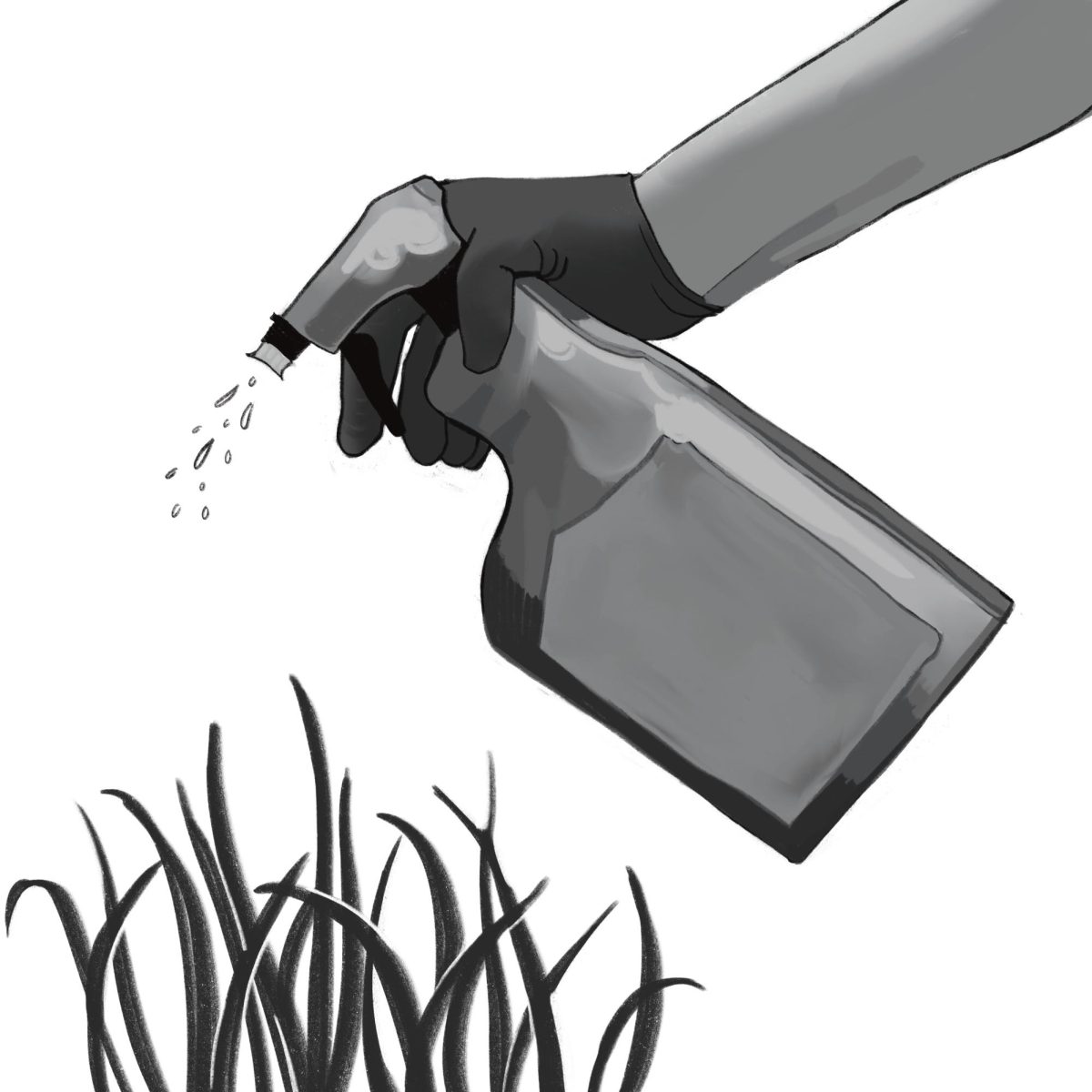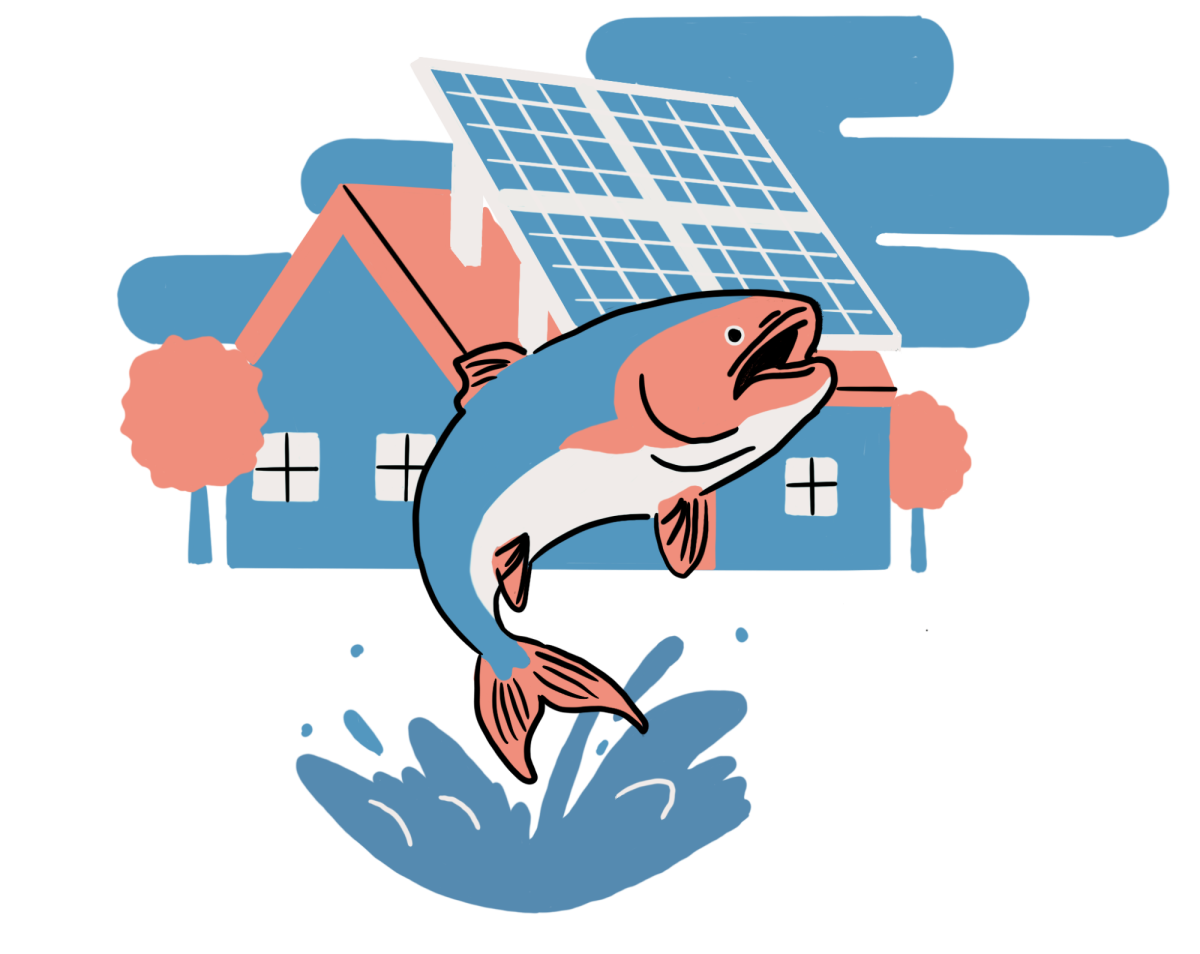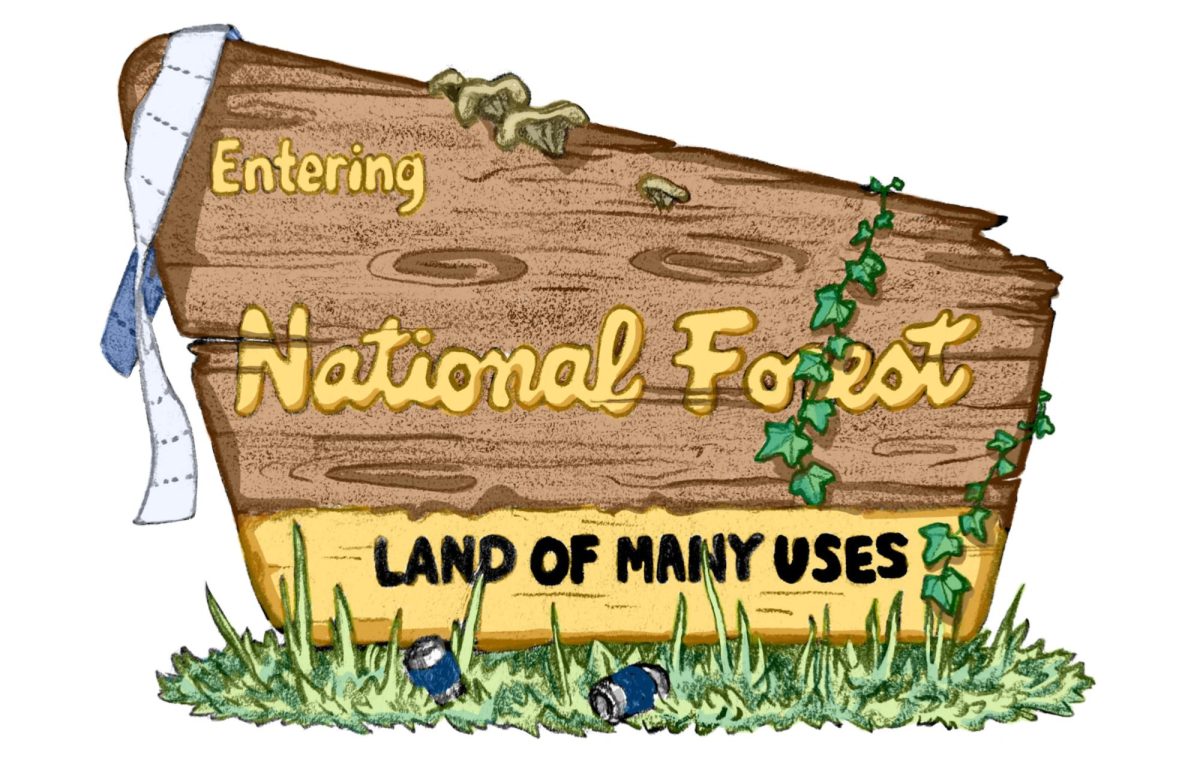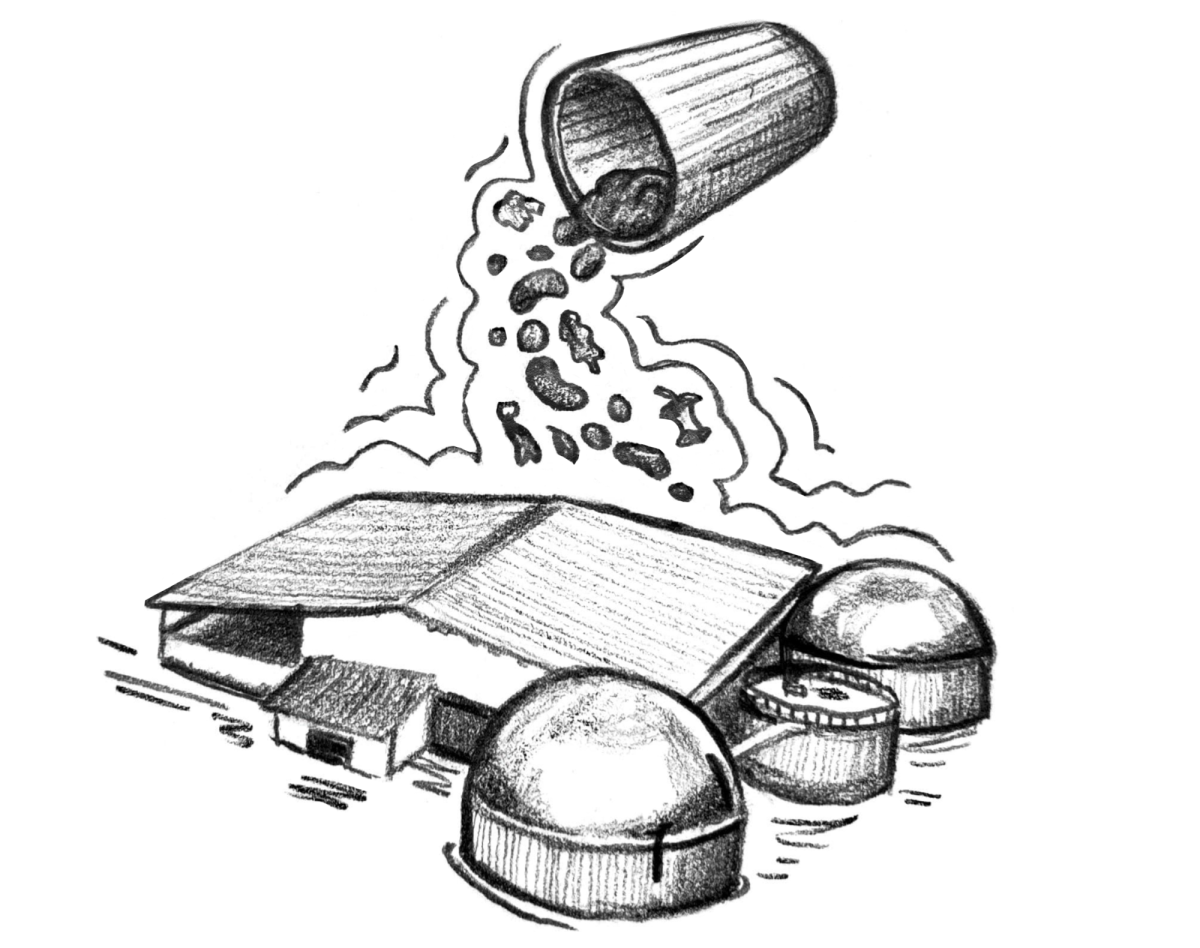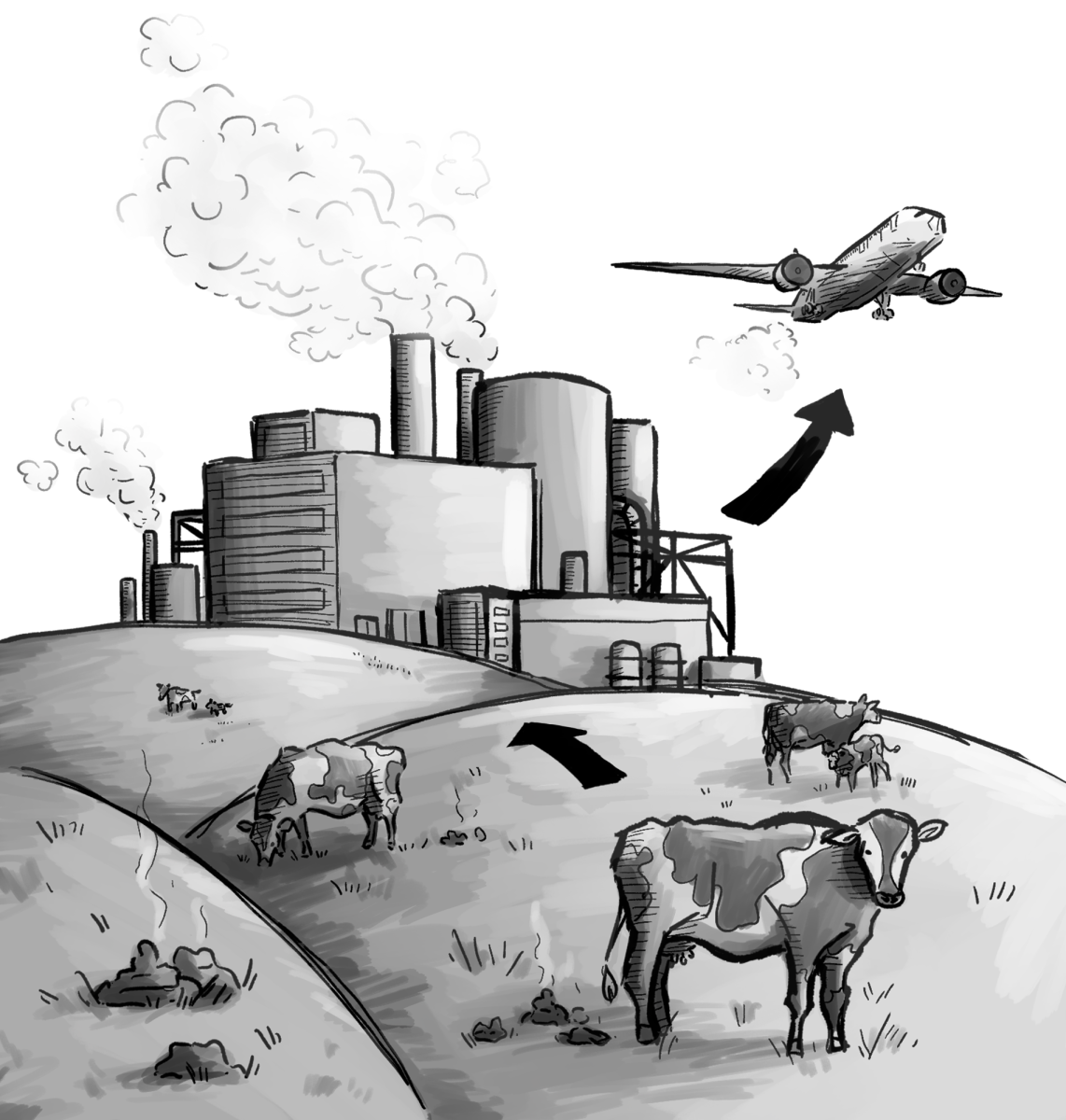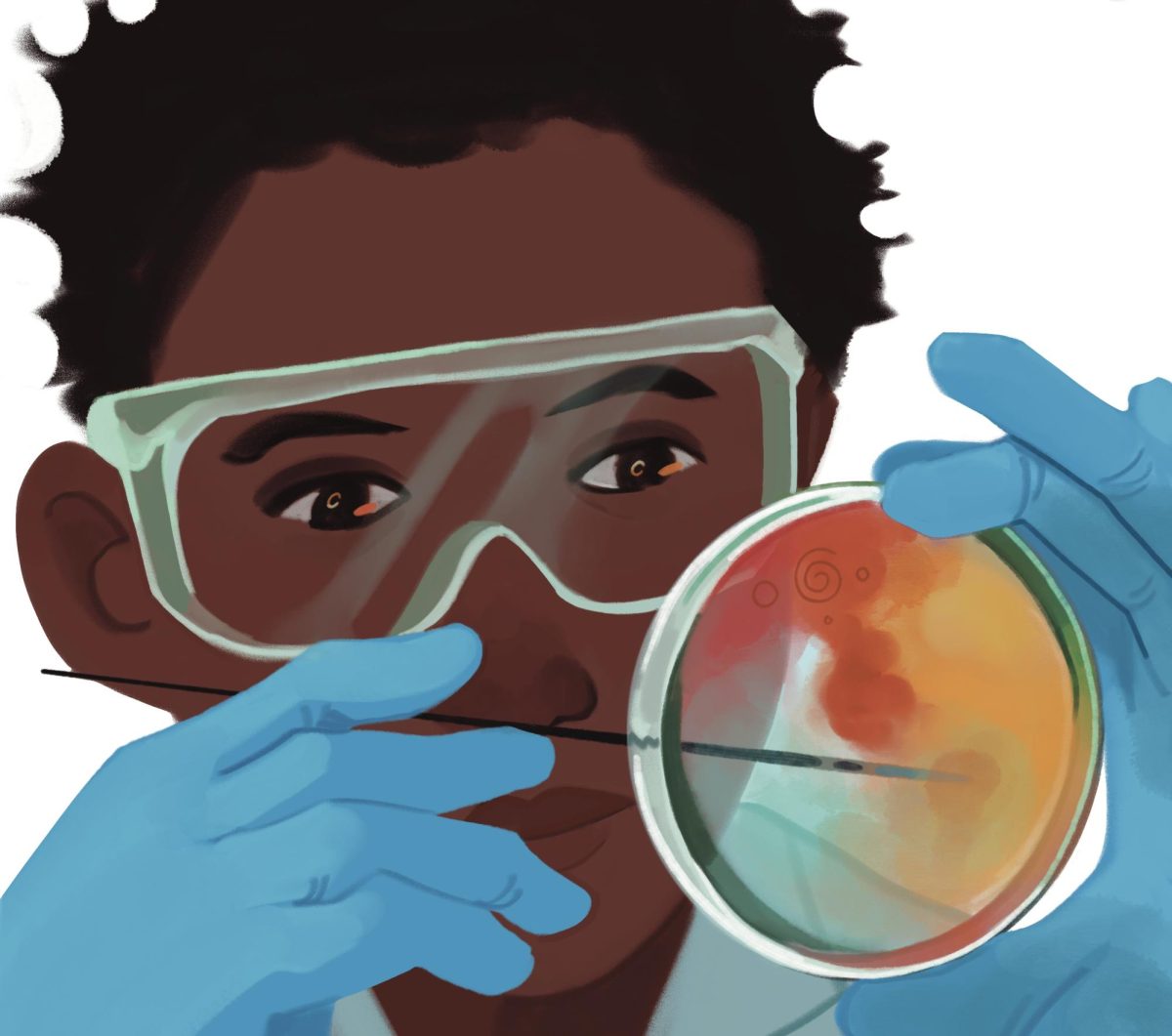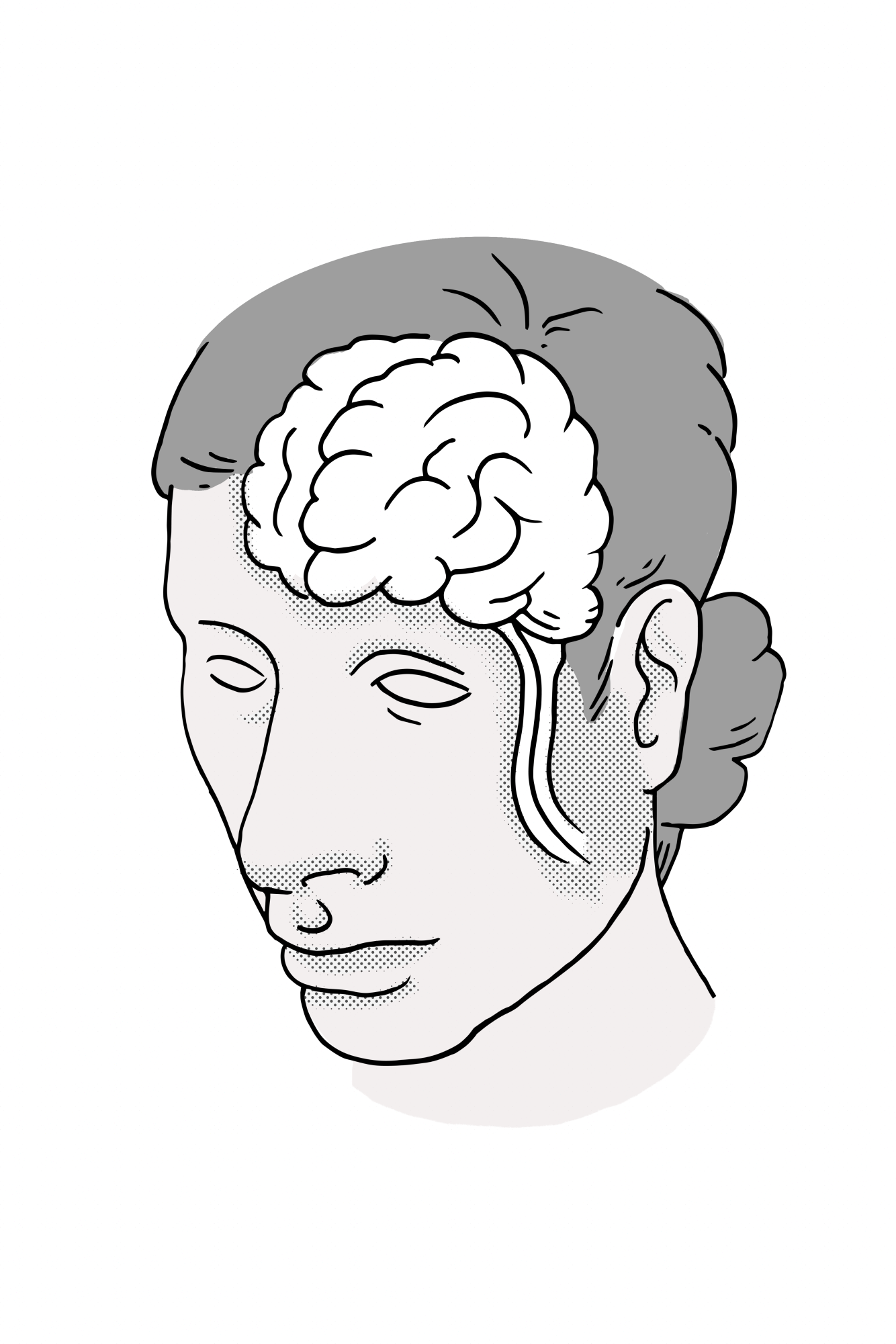
In the past it has been imagined that thought and matter are of different substances, that mind and body lie in a strict dichotomy and that a person is more than just an organism. Aristotle addressed these ideas about consciousness in his work, writing, “We cannot reasonably conceive it to be mixed with the body.” In the 2,400 years since Aristotle, humanity’s understanding of the brain increased dramatically and the study of the mind became relevant to not just philosophers but biologists as well. Advances in technology and understanding of biological structures and processes propelled the field of neuroscience into realms that Aristotle would never have imagined.
For three months of my sophomore year, I studied how neurons fire, how sensation turns to perception and how environmental signals get passed through the brain to the body, resulting in changed bodies and thought patterns. At the end of my Cells to Brain to Mind class taught by Assistant Professor of Psychology Nancy Day, I was asked to ponder the existence of consciousness; to question whether humans have a higher order of thought that surpasses the electrical and physical brain, what some may call one’s individuality or ‘soul.’
As the field of neuroscience progresses, scientific methods are better able to approach this question of consciousness that had previously remained firmly in the field of philosophy. A reductionist perspective would argue that we consist solely and entirely of atoms, molecules and cells. I couldn’t help but think, however, that neuroscience may still have a long way to go to uncover the full picture of consciousness and human individuality.
Day’s Cells to Brain to Mind class opened up the field of neuroscience to me and made me excited about the connection between sensory input and resulting biological and behavioral changes. Many students have had a similar sentiment at Whitman, and it was largely by popular demand that the new Brain, Behavior and Cognition (BB&C) major was introduced into the college catalog this academic year. Day serves as the department’s co-director. This new major offers students the ability to bridge the disciplines of biology and psychology, something that was difficult to do prior.
“The complication is that without some kind of a neuroscience-focused major, there’s students interested in biology and psychology and the options were basically to pick one … or do something terrible like double major which is [what] I did,” Day said.“Back 20 plus years ago, [BB&C] is basically the major that I would have wanted as a student interested in neuroscience.”
Day, a 2005 graduate from Whitman college, entered college as a freshman fully intending to major in biology but was drawn into psychology by her Introduction to Psychology class. She ultimately decided to double major in biology and psychology. Her two theses elegantly tied together the content from both disciplines, specifically environmental stimuli and vocal learning.
“It was really the combination of these two research projects that led me to what I do now, and I can directly trace [my current work] back to the work I did as a senior in college,” Day said.
After being hired to teach at Whitman in 2019, Day’s former biology research mentors Dr. Robert F. Welty Professor of Biology Christopher Wallace and Dr. Robert F. Welty Professor of Biology Ginger Withers became her co-workers.
“It was both exciting and a little bit scary to then be able to teach alongside them, but [having] them as resources and colleagues … has been really delightful,” Day said.
Day still works closely with Withers, her former biology thesis advisor, as she is the other co-chair of the Brain, Behavior and Cognition department. Withers herself is a neuroscientist, and said that the time was right to add the new major.
“We felt like with the hiring of Professor Day in psychology, we had built up a critical mass of neuro-related people in biology and in psychology, and that this was a good time to actually take advantage of that,” Withers said.
With five faculty with doctorate degrees in the neuroscience realm and many students looking at double majoring or designing their own major to combine biology and psychology, adding the BB&C major just made sense. According to Day and Withers, most other institutions have a neuroscience program and even as far back as 10 years ago, faculty were meeting to discuss starting one at Whitman. 14 current junior and senior students are planning to declare, and although Withers doesn’t have a solid sense of interest from first and second-years, she believes it will be popular moving forward, as underclassmen have been inquiring about the major at majors fairs and in pre-major advising.
Students’ coursework will not only focus on the fields of biology and psychology but also can include classes from computer science, philosophy, economics, anthropology and rhetoric, writing and public discourse.
“It’s not solely neuroscience-focused,” Withers said. “It has its interdisciplinary component, which I think is really exciting, where you could say ‘I’m really interested in how the human mind makes decisions and I’d like to explore game theory.’”
In her laboratory, Withers still continues what Day worked on during her senior year, investigating how animals’ brains change depending on the complexity of their environment.
“The paradigm that we use is to place an animal in what we call a complex or enriched environment and to compare them with animals that are what we call couch potato … and when you do that, you find just amazing things happen in the brain of the animals in the complex environment,” Withers said.
Withers is on sabbatical this year synthesizing data from years of work in her lab into a paper and starting a new research project relating to the interactions of neurons and non-neuronal cells.
Senior Korin Baker, one of the 14 students currently planning on declaring BB&C, had the opportunity to work in the Team Dendrite laboratory looking at these cells last year; that experience was an important motivator for choosing BB&C. Baker had also enrolled in neurobiology with Withers and Wallace last year.
“It was so much fun. I loved it so much. And then I got to work in their lab … that kind of sparked my interest in neurobiology,” Baker said.
Baker intends to go into emergency medicine and until now, has been on the biology track at Whitman. For her, the connection between the microscale and the bigger picture is a major draw of the BB&C major.
“It’s fun to look at it from a molecular level, when we’re working with cells a little zoomed in thinking ‘Okay great, this works like this, now what does this mean?” Baker said.
Similarly, Whitman senior Isaiah Thompson was drawn to the major by his interest in understanding the biological underpinnings of thought and behavior. Thompson plans to use the major as a foundation for future research and patient care as part of an MD-PhD. Thompson has worked for six years as a certified nursing assistant, and three of those in memory care working with individuals with dementia and Alzheimer’s.
“It was cool to learn about the psychology and the biology and then apply that while you’re helping someone. Dementia is a very hard disease just because if you don’t understand what’s going on, it can be challenging,” Thompson said.
Ava Northrop, another senior BB&C major, sees the new major as a way of keeping her options open for graduate school. A degree in a field that spans both biology and psychology will leave her free to pursue a degree that leans towards either.
With a multidisciplinary set of course requirements and faculty with varied specialties, the Brain, Behavior and Cognition major is an integrative way of investigating the mind. With a basis in biology and psychology and electives ranging from philosophy to anthropology, BB&C addresses who we are as humans, and as biological organisms. It draws in students asking questions similar to the one of consciousness which has been at the back of my mind since Day’s class.
“It’s going to attract a group of students that have really varied interests, and where people go from these kinds of majors is similarly rich,” Ginger said. “If you’re interested in the nervous system’s role in the biological basis of individuality, if you’re interested in how genes and environment interact, those are all topics that fit under our BB&C tent, and you can go a lot of places with those interests.”







